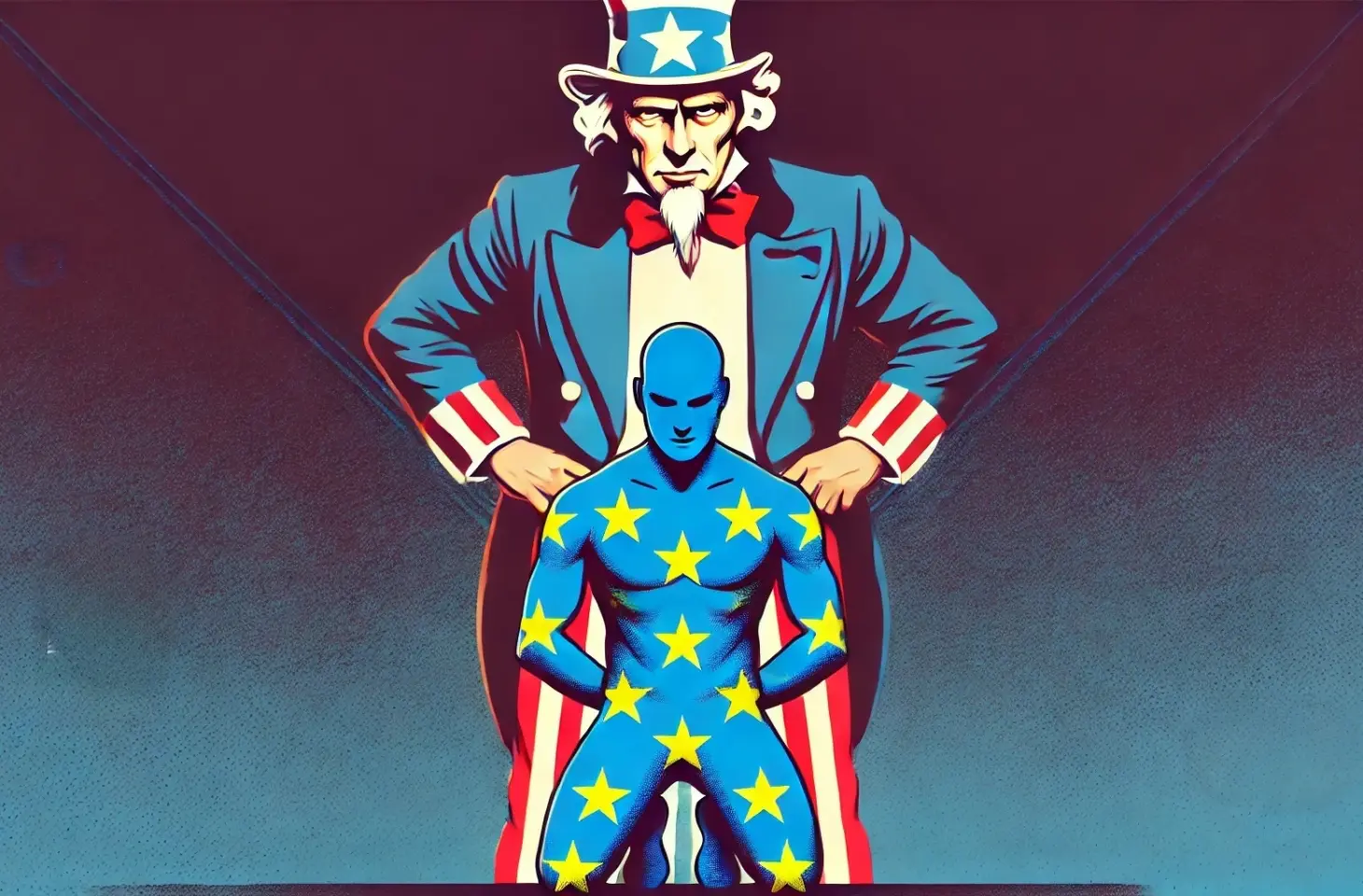European Commission throws out two legislative proposals on AI liability and cookies. Less stringent regulation should encourage investment in AI, it sounds. Or is the Commission giving in to American pressure?
The European Commission announces the repeal of two legislative proposals: the e-Privacy Regulation and the AI Liability Law. It has the power to do so until a legislative proposal is approved in the European Parliament. This was officially confirmed in the new Commission’s work program.
ePrivacy
Among other things, the ePrivacy Regulation sets guidelines around cookie banners on websites and serves to complement the GDPR law. The current ePrivacy framework dates back to 2002, so the Commission wanted to refresh the guidelines. Debates had been ongoing for eight years, but the Commission could not reach a conclusive agreement with member states. The Commission is now throwing the bill in the dustbin because “it no longer corresponded to the current technological and legal situation. As a result, the old directive remains in force.
read also
European Commission repeals AI liability law: capitulation to the US?
The repeal of the ePrivacy Regulation is being met with mixed reactions. MEP Birgit Sippel reacted with disappointment via the German newspaper Heise, saying “legal uncertainty and a lack of protection for communications data” remain. Austrian privacy activist Max Schrems does agree with the Commission’s decision. He thinks a restart makes sense and calls for new rules that allow anonymous data collection without explicit consent.
Who is liable?
In addition, the European Commission is pulling the AI Liability Directive is being repealed even before it is voted on. This bill served to determine who should be held liable for damages caused by AI technology: developers, operators or users. However, the rules were partially included in the revision of the Product Liability Directive, which took effect in October 2024.
Yet the repeal of the law raises a lot of controversy. According to German politician Axel Voss (CDU), this only benefits the big U.S. tech companies. According to him, it harms both companies and consumers and hinders the growth of the digital single market. Europe is thus turning into a “legal Wild West,” he said in a comment to Heise.
Wild West
The timing of the European Commission’s announcement gives the impression of a knee-jerk reaction to Washington. This week JD Vance did not shy away from aggressive language during his brief passage at the AI Summit in Paris. He already declared the United States the winner in the global AI race, and Europe may follow, provided it imposes less regulation on American companies. By exempting tech companies from liability, the Commission seems to be playing into their hands.
read also
Vance: ‘U.S. is ultimate leader in AI, EU welcome to follow behind if it deregulates’
Henna Virkkunen, responsible for EU digital policy, defends himself against that statement via Financial Times. The Finnish magistrate says Vance’s statements are just the signal that Europe will have to learn to fend for itself. The summit announced an ambitious investment plan to pump $200 million into the European AI industry. The European Commission does not want to dampen those investments with excessive regulation.
“We must avoid creating even more reporting requirements for our companies. We are committed to reducing bureaucracy and red tape. That does not mean that our digital world becomes a wild west where there are no rules. We are open for business, but will always protect our values and way of life,” Virkkunen said.
